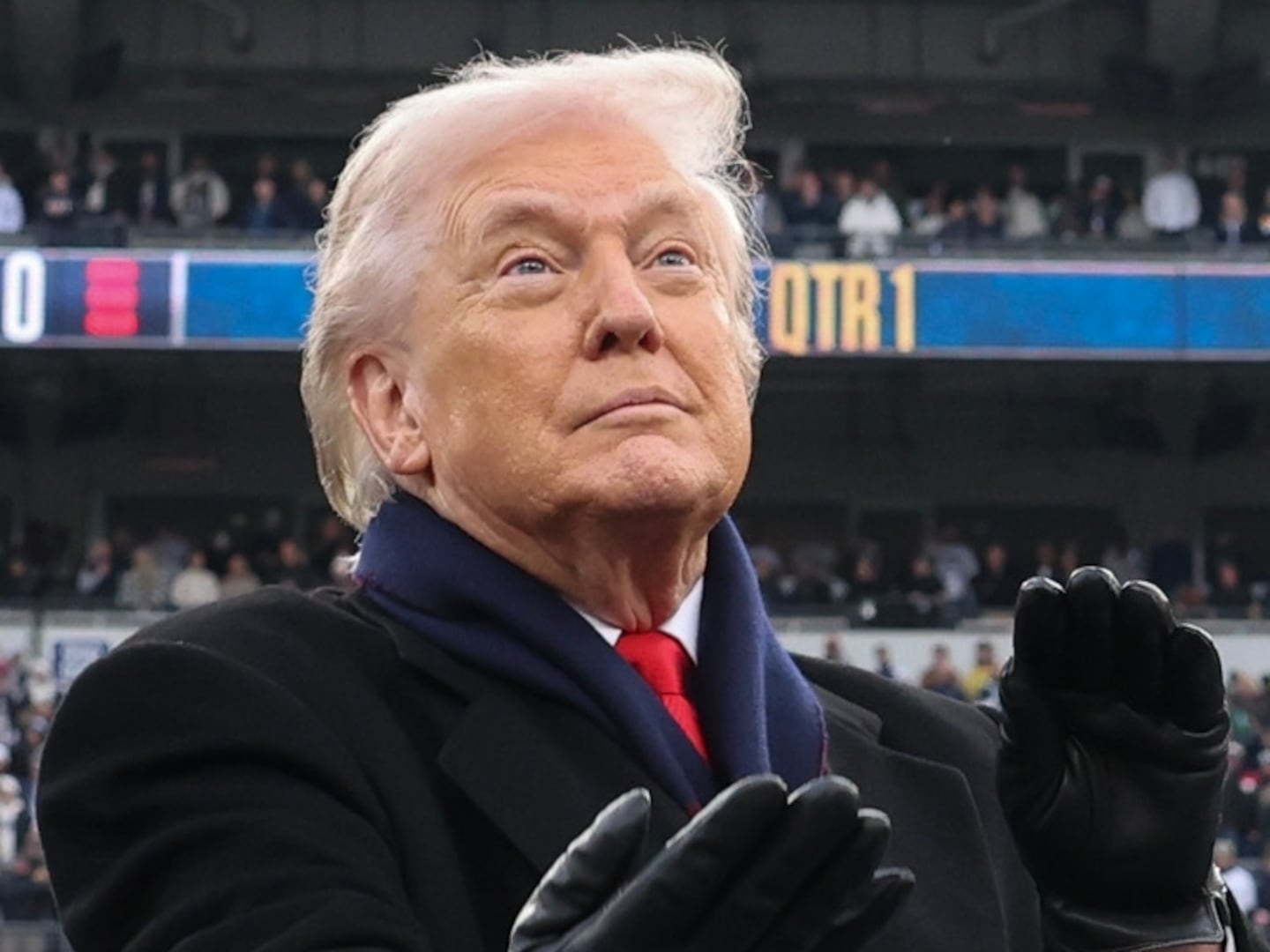Asking Congress to reform money in politics is like asking professional athletes to reform the use of performance enhancing drugs and painkillers.
That is, it’s unlikely to happen, because money and drugs make candidates and athletes more competitive and, therefore, more likely to keep their jobs. It’s all about self-preservation.
The Citizens United ruling from the Supreme Court, which opened the money floodgates by allowing for unlimited spending by outside groups, also assumed that the source of the money being spent would be transparent and disclosed. In fact, a main tenet of the Citizens United ruling, with which eight out of the nine justices concurred, is that “transparency enables the electorate to make informed decisions and give proper weight to different speakers and messages.”
Of course, spending in our elections is far from transparent. Over $200 million was spent this last cycle by groups receiving money from secret donors. And Congress can’t even pass a simple disclosure bill.
Fortunately, as is often the case when government fails to respond, individuals from the private sector are stepping up with innovative solutions.
Take Jim Greer. Greer is a young, entrepreneurial, poker-loving Texan who ended up in Silicon Valley. He’s a game theory guy. And brilliant. He started and sold a company, Kongregate, which left him with a little more time and a lot more money.
Greer loves politics, but hates the corrupting influence of money on the system. So he and his partner, Zack Simpson, did what they do so well: started spit-balling some game theory around politics.
What the two men saw is that just as in the private sector, decision-making in politics is driven by incentives—that is, the positive or negative results that the decision-maker expects to come from a particular course of action. In Greer and Simpson’s estimation, our dysfunctional politics are really just a symptom of an incentive structure gone awry.
It makes sense. In our money-dominated electoral system, wealthy special interests have big stacks of chips on the table and aren’t afraid to go all in to swing the outcome of a race. Because candidates want to win, of course they prioritize keeping special interests happy, even at the expense of the public interest.
So Greer and Simpson decided to do something about this. They started CounterPAC, an organization designed to fight dysfunction in politics by changing the rules of the game.
While most people seeking to fix government focus on getting the so-called “right” people elected—those who they believe will become legislative champions—the idea of CounterPAC is to take a more direct approach. By creating and introducing new incentive structures into elections, CounterPAC motivates candidates—regardless of what views they initially hold—to adopt practices that will bring more accountability to their race. In other words, it seeks to make running cleaner, better campaigns in the candidates’ self-interest.
The 2014 midterms were a test flight for the CounterPAC model. Operating as a super PAC, CounterPAC entered several of the most competitive races in the election, calling on candidates to make agreements voluntarily rejecting support from groups who receive money from undisclosed, secret donors. The incentive? If candidates failed to take action, CounterPAC was ready to hold them accountable.
CounterPAC succeeded in getting candidates to respond. Some, such as Mark Begich in Alaska and Andrew Romanoff in Colorado’s 6th District, agreed to the exact proposal that CounterPAC was pushing for. In other cases, CounterPAC’s advocacy spurred candidates to propose money-in-politics initiatives of their own.
The hotly contested congressional race in West Virginia’s 3rd District between 19-term Democratic incumbent Rep. Nick Rahall and challenger Evan Jenkins, a Republican former state senator, is a good example.
In direct response to CounterPAC’s entry into the race, Jenkins called for an agreement to reject not only all outside spending, but also all PAC money. At first, Rahall brushed off the idea. But with continued pressure from CounterPAC, he eventually responded by calling for an agreement to reject support from groups that don’t report their donors to the Federal Election Commission.
While Rahall’s idea may sound similar to what CounterPAC originally proposed, it actually contained a major loophole. Some groups—although they report their donors to the FEC—receive money from organizations that do not in turn report their donors, effectively creating a situation in which disclosure of their funding sources hits a dead end. House Majority PAC, one of Rahall’s major supporters, is an example of this kind of group.
Despite this loophole in Rahall’s pledge, CounterPAC proposed a good-faith meeting between the candidates in the hopes that they might be able to negotiate a compromise agreement. For obvious reasons, finalizing such an agreement would have required the presence and signature of both candidates.
When the day of the meeting came, Jenkins showed up, but Rahall did not, and sent his campaign manager, citing a “conflict”. Things went from bad to worse for Rahall when his manager was unable to say what the “conflict” was and refused to try and reach Rahall by phone.
Seeing this as a clear indication that Rahall was not serious about taking action against dark money, CounterPAC launched a campaign to hold him accountable. During the final weeks of the election, advertisements recounting Rahall’s failure to stop dark money played on televisions across West Virginia’s 3rd District.
And guess what? The 38-year incumbent lost. Of course there were many factors at play, but there is evidence to suggest that CounterPAC’s campaign played a meaningful role. Seventy-five percent of voters polled after the election said that it was very important to them to vote for a candidate who would take action to stop untraceable outside spending. Forty percent of voters were explicitly aware of Jenkins’ proposal and Rahall’s missed meeting—and those among this group chose to vote for Jenkins by a margin of two-to-one, while those who were unaware split their votes fairly evenly.
CounterPAC’s experiment in 2014 shows great promise for the advocacy model that it’s pioneering. Let’s face it: it’s currently just not in the interest of politicians to change the way Washington works. But with the commitment of folks like Jim Greer and CounterPAC to change the incentives that govern our elections, I’m hopeful change is on the way.






